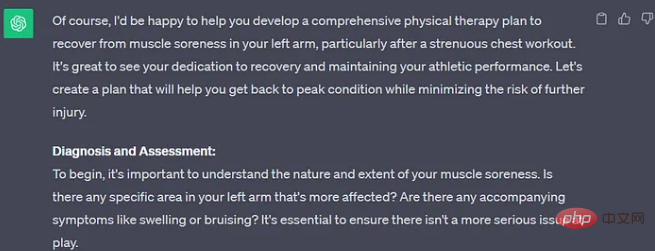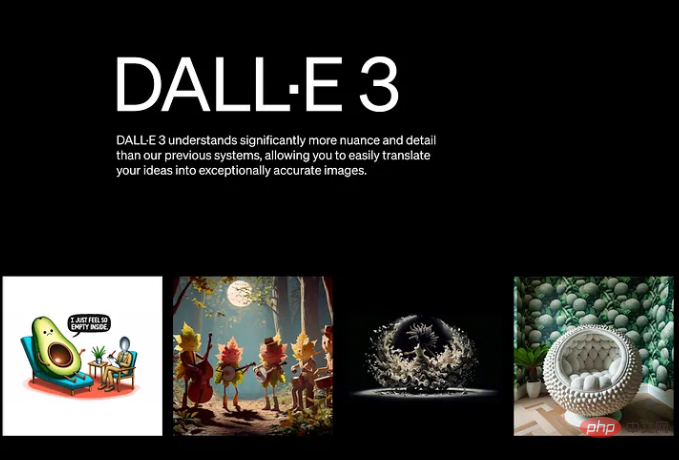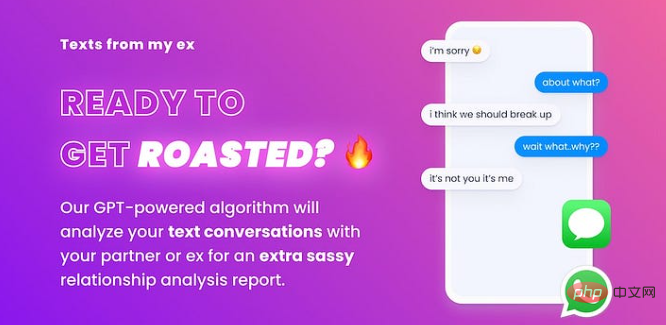
Even as model generation continues to improve, someone still needs to prompt it accordingly to output optimal results.
In this article, we introduce current developments in generative artificial intelligence and prompt engineering, which are currently the primary tools for interacting with text-to-output models.
In layman’s terms, AI Prompt Engineering is the act of crafting prompts to extract more desirable output from an LL.M.
This term emerged with the emergence of large language models such as ChatGPT.
Despite the widespread attention it has received in the tech world, awareness of its meaning and its implications remains low. At least that's what I've seen. But it's growing!
A common use of prompt engineering is role assignment to obtain illegal results of a specific type.
For example, if you are seeking detailed physiotherapy advice for suffering a sports-related injury, you could prompt with the following:
Prompt: “Imagine that you are an experienced sports physicist Therapist, while a dedicated athlete is seeking your expertise in recovering from a recent injury. Given that the injury is [enter injury details here], please provide a comprehensive physical therapy plan. Covers exercises, ongoing time, frequency and any necessary equipment. Keep advice professional and supportive, and provide encouragement and expert guidance throughout the process."
This tip will provide a "comprehensive" action plan to help you Coping with injuries.

Although you can simply prompt ChatGPT your injury, but the response will be more general advice and no progression plan. Try writing "My left arm muscles are sore" and compare the results.
Generic tips like this are a thing of the past, but new AI tools, models, and frameworks are yielding to this type of tip so that even casual workers can get more useful results.

DALL-E 3 offers text processing improvements over its counterpart DALL-E 2.
Now it takes your input prompt and builds it using ChatGPT, which is similar to asking ChatGPT to generate an image description given the input subject. This means user input can be more ambiguous but still produce great results.
Plus, DALL-E 3 is integrated directly into ChatGPT Plus, making creating perfect images easier than ever.
When first hearing about DALL-E 3, many people thought this was the end of prompt engineering, but this is not the case as you still need to interact with ChatGPT, which of course still requires prompts.
This release is one of a large number of generative AI developments happening every day.



Anthropic specializes in prompt engineering, the primary tool for making useful chatbots. The partnership with Amazon will likely enhance their customer service through the use of chatbots and other AI tools, again emphasizing the importance of prompt engineering.
These are just some of the public announcements. Generative AI has gained significant interest and attention over the past year, which is a good indicator of future developments.
This skill started as a way to generate more useful answers from ChatGPT, but now the entire industry is being revolutionized by this skill.
I’m referring to the widespread interest in generative artificial intelligence, specifically chatbots optimized using prompt engineering techniques.
This interest is reflected in the salaries of some tip engineers. Some are as much as $300,000, but since this is a relatively new job, the salary is still largely unknown.
Based on the information I’ve uncovered, the future of Prompt Engineering is a bit up in the air right now, but one thing is for sure: Prompt Engineering will continue to play a vital role in creating efficient communication between humans and machines.
The above is the detailed content of How will prompt engineering change the technology field in 2023?. For more information, please follow other related articles on the PHP Chinese website!




